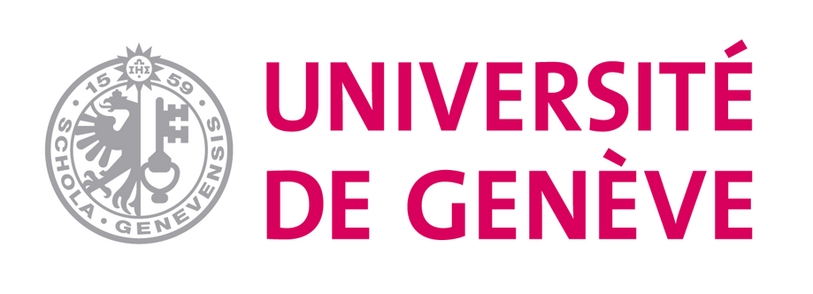- Compact style
- Indico style
- Indico style - inline minutes
- Indico style - numbered
- Indico style - numbered + minutes
- Indico Weeks View
Foundations of Quantum Physics beyond Bell: Celebrating 60 years of Bell's theorem
→
Europe/Zurich
,
Description
The year 2024 marks the 60th anniversary of Bell's theorem, a result that arguably had the single strongest impact on modern foundations of quantum physics, both at the conceptual and methodological level, as well as at the level of its applications in information theory and technology. We will celebrate Bell’s legacy with two joint workshops, one in Switzerland and one in Austria, which will gather physicists working on quantum foundations as well as philosophers and historians. These workshops will focus on the state-of-the-art research on quantum foundations, with the aim of going beyond Bell’s inequalities and showing the breadth and the depth that foundational research in quantum theory has reached.
Swiss Event
The first workshop will take place in Les Diablerets (Switzerland) on April 15-19, 2024. The topical focus of the workshop, although not limited to that, will be on measurements in quantum physics in a broad sense: from the realizability of joint (non-local) measurements to the “impossible measurements” in quantum field theory, from the thermodynamic cost of quantum measurements to the quantum measurement problem in Wigner’s friend scenarios. This workshop is by invitation only, but the talks and the discussion will be available on streaming. At the moment, the timetable and speakers list are available.
Organizers
- Nicolas Gisin
- Renato Renner
- Nicolas Brunner
- Flavio Del Santo
- Alberto Rolandi
- Gianmichele Blasi
- Roope Uola



Austrian Event
The second Vienna Quantum Foundations conference (September 23-27, 2024) will celebrate two anniversaries at once: 60 years of Bell’s theorem, but also 20 years of IQOQI Vienna. Continuing a long tradition of quantum physics in Vienna, the conference brings together leading international researchers to discuss and shape the future of quantum foundations. While the talks will be by invitation only, there will be an opportunity to contribute a poster and an associated brief flash talk. More information will be available on the website https://vqf.iqoqi.oeaw.ac.at.
.jpg)



